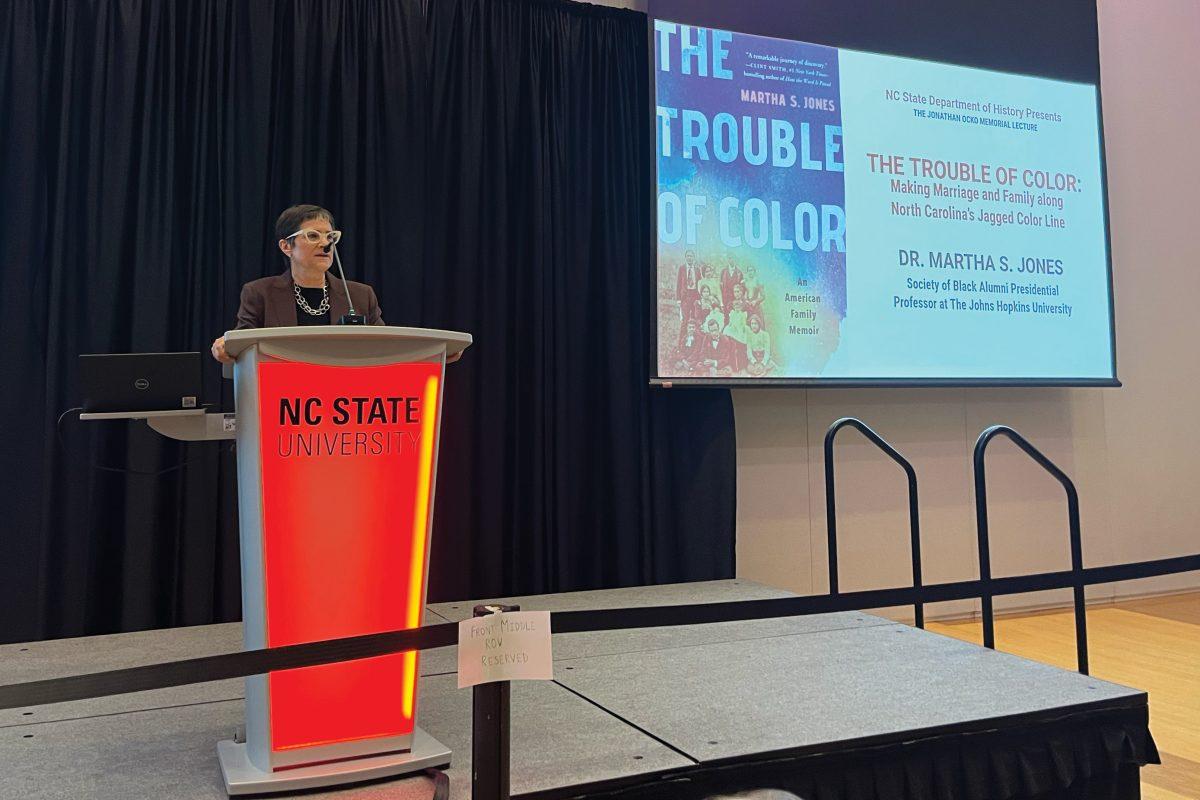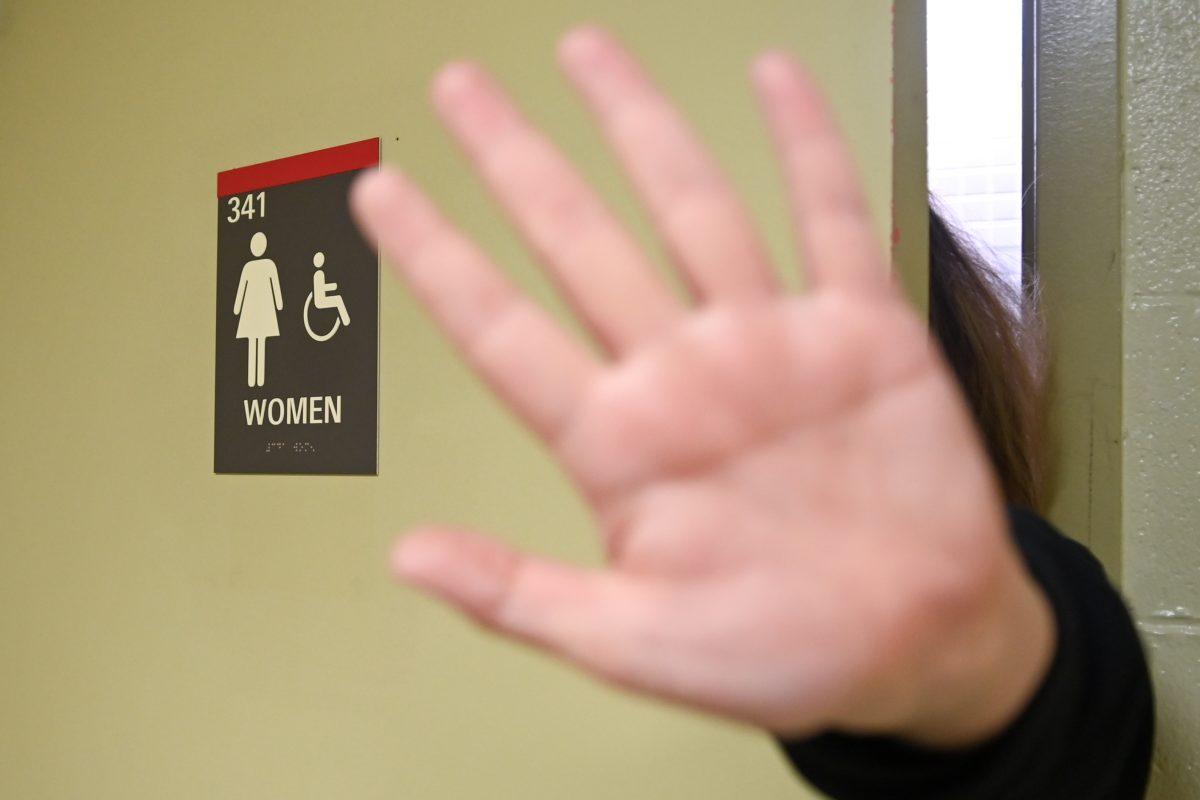NC State’s Sustainability Stewards are partnering with the Inter-Residence Council in hosting the University’s first Campus-Wide Energy and Water Competition. Throughout March, residence halls will compete to reduce energy and water consumption in order to develop sustainable habits and win a food truck celebration in April.
Tana Harris, a third-year in civil engineering, and Alie Akins, a third-year in nuclear engineering and international studies, are both sustainability stewards and are involved in the planning of the competition.
Harris said the sustainability stewards have grouped residence halls into 10 districts that will compete to have the largest reduction in water and energy use throughout the month of March. The stewards will use data from Energy Management to determine the progress of the competition and will publish a mid-month review on the competition’s website.
Akins said the event dates back to 2014 when it started as a competition between the Tri-Towers. Since then, the sustainability stewards program has strengthened, and data surrounding sustainability on campus has been heightened to the point where the event can exist as a competition between all residence halls.
Akins said the purpose of the competition is to make campus residents aware of wasteful living practices and give them a reason to establish a sustainable residential lifestyle.
“The goal is to realize how much extra consumption you’re doing that you could really reduce and then have a tangible impact,” Akins said. “The overall goal with this competition is to put a face to how reduction can impact the campus and then reward people for giving their best shot.”
While residents are not expected to completely stop using modern amenities that use water and electricity, Harris said learning how to live with reduced water and electricity consumption is essential to the future of living sustainably.
“[You can] continue with your normal habits of showering, doing your laundry, but how can you do it more efficiently?” Harris said. “How can you take a shorter shower … or doing laundry but with cold water instead of hot water? Just making small changes in your day-to-day so that you’re not losing your quality of life, [but] you’re helping the environment.”
Harris hopes the competition will spark sustainable living practices that will stay with competitors.
“Something that we want students to take away from this is not [that] we want to reduce energy and water for the month, but for you to continue these small habits,” Harris said. “So then you continue that habit and now you take it into the rest of your life and now we’re all more sustainable individuals because of that.”
In addition to taking shorter showers and using cold water with laundry, the sustainability stewards recommend taking stairs instead of elevators if possible, not using hairdryers and unplugging devices while not in use. Additional methods can be found on the competition’s website.
Akins said the key to winning this competition is cooperating with other residents, as some sustainable habits require the cooperation of a whole suite to function, such as maintaining one room temperature on a floor or keeping doors closed in order to keep the temperature regulated.
After spring break, the sustainability stewards will create a mural that will welcome students to contribute to it, representing how they are making sustainable living choices this March.












